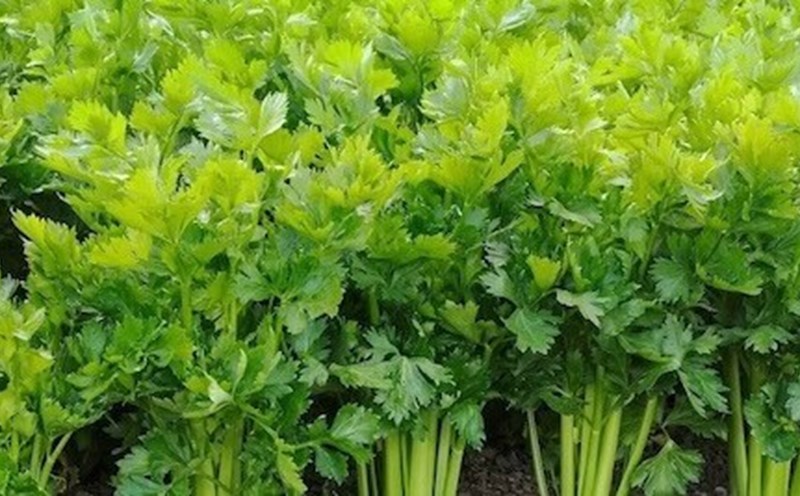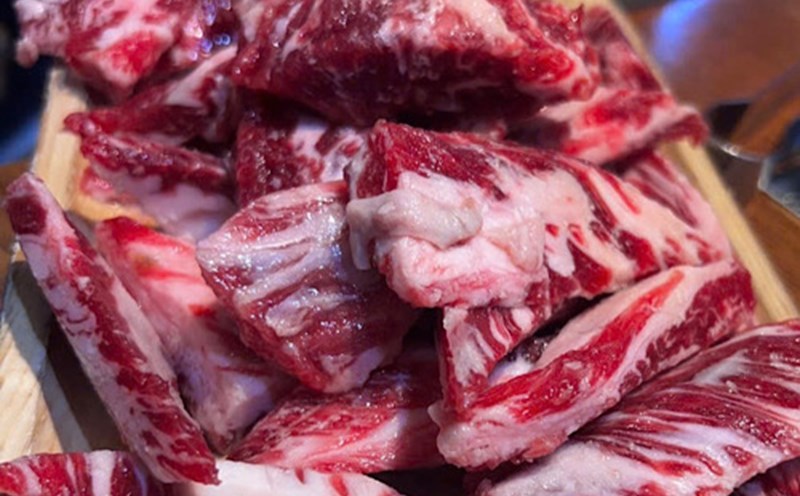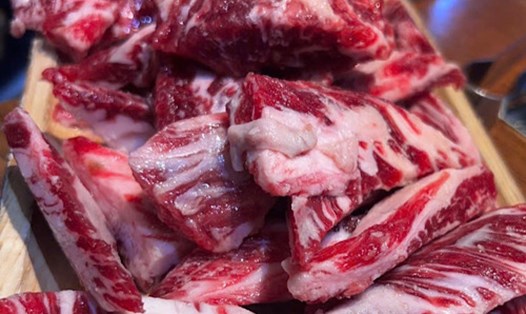Oatmeal is a whole grain rich in soluble fiber, which helps stabilize blood sugar, reduce systemic inflammation index and improve lipid profile, indirect factors that reduce renal filtering damage.
Many nutritional guidelines for people at risk of kidney disease recommend choosing whole grains because of their heart-carrying and metabolic benefits, thereby reducing pressure on the kidneys.
Berries such as blueberries, strawberries or raspberries are rich in polyphenols and anthocyanins, powerful antioxidants that help neutralize free radicals, reduce oxidative stress and inflammation in kidney tissue.
Berry consumption is associated with reduced oxidative and inflammatory markers, which help protect kidneyney failure from long-term damage. Combining berries with oats provides both fiber and antioxidants, a supplement for the kidneys.
The 6-month trial of intervention in the provision of fruits and vegetables recorded a decrease in urine albumin, a sign of reduced kidney damage, in people who were instructed on both preparation and consumption, compared to the group with no change in dosage.
This result shows that including plant foods in meals (including breakfast) can have direct benefits for the kidneys.
A bowl of warm oatmeal (about 40-50g whole grain oatmeal) is cooked with water or plant milk, add a handful of fresh berries (about 50-80g).
This is a source of fiber and antioxidants, low in salt and easy to digest. Choose unsalted oats, combined with fresh fruit).
Add a light source of protein: a boiled egg whites or a spoonful of chia seeds or pressed soybeans (for people without potassium restrictions) to balance nutrition without increasing the burden on the kidneys.
Limit salt and processed foods: Avoid adding too much salt, salty cheese or salty roasted nuts because sodium increases blood pressure and filtering pressure of the kidneys.
People with chronic kidney disease (CKD) at the advanced stage need to be cautious: some fruits, foods or nuts may contain a lot of potassium/phosphate, which needs to be adjusted according to testing index and instructions of a kidney nutritionist.
NIDDK recommends working with a nutritionist to customize the portion according to the stage of the disease.
Drink enough water throughout the day (according to personal medical instructions) to support the filtering function of the kidneys; avoid abusing concentrated juices or sugary drinks.











